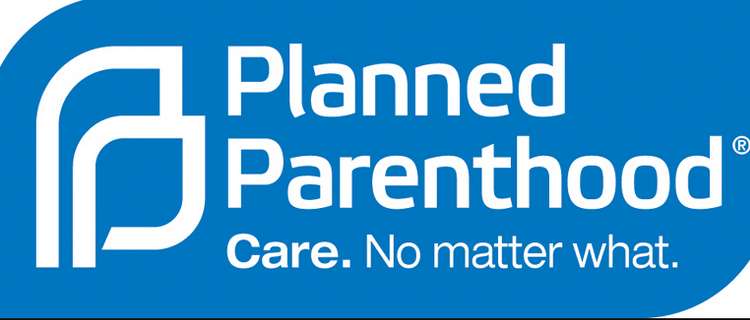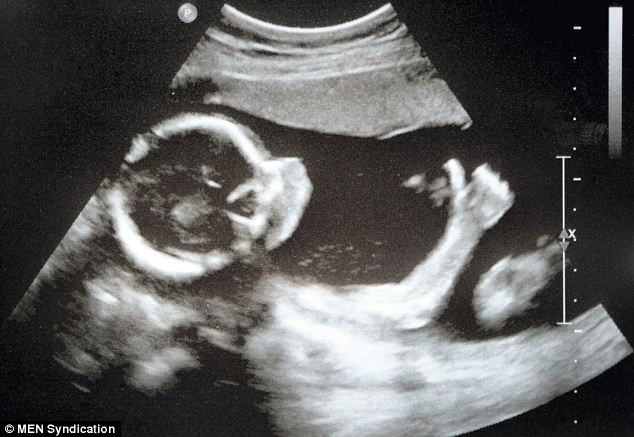Abortion pills: simple and safe or dangerous and damaging?
CMF Blogs 28 August 2018
Family First Comment: The Ministry of Health in NZ are also pushing medical abortions.
“The head of the Royal College of gynaecologists (UK) is on record claiming that having an abortion is no different to having a bunion removed. Ironically, with this change that activists have been campaigning for, women will soon realise abortion is definitely not the same as removing a bunion – when they see the baby they have to flush down the toilet.” www.ChooseLife.nz
To explain the process, in a medical abortion an oral dose of mifepristone is given at a clinic/hospital which will (usually) kill the fetus. Women leave the hospital or clinic then, with the current system, return up to 48 hours later to be administered misoprostol, either orally or vaginally. This expels the dead fetus. The change is that women will not have to return to the clinic but can take the second pill outside of any clinical setting or medical oversight.
It sounds simple and safe so what is my concern?
- Medical abortions are not as safe s surgical
This is rarely acknowledged yet all the evidence is clear on this. The largest and most accurate study of medical abortions, a Finnish study of 42,600 women, found that women had four times as many serious complications after medical abortions than surgical abortions: 20% compared to 5.6%.
For medical abortions after 13 weeks, subsequent surgical evacuation rates vary widely between studies, but in one UK multicentre study reported by the RCOG (p42), it reached up to 53%.
Research by pro-abortion authors found that for women over seven weeks the failure rate can be up to 33%.
- Self-administering abortion pills is medically risky
Campaigner for abortion, obstetrician Peter Bolyan, has admitted that: ‘there are serious dangers when women take [abortion pills] without supervision. We have knowledge of women who have taken them in excessive dosage and that can result in catastrophe for a woman such as a rupture of the uterus with very significant haemorrhage…And if that happens in the privacy of a woman’s home or perhaps in an apartment somewhere, that can have very, very serious consequences for women. So, it’s really important that these tablets are…dealt with in a supervised way…’
One peer reviewed study of self-administering pills found that 63% had incomplete abortion. Surgical evacuation had to be performed in 68% of the patients.
When self-administering pills, there is no control over: who takes the pills; where the pills are taken; whether the pills are taken;; when in the process the pills are taken; if the girl is vulnerable or in an abusive/coercive relationship; if abuse or coercion is involved in taking the pills or if another (competent) adult is present.
- There is no demand for self-administration of medical abortion
Despite claims by abortion campaigners, there is no hard evidence or data showing that women are having problems with the current arrangements. Campaigners rely instead on (limited) anecdotal evidence. The reality is that onset of bleeding is within four to six hours after taking the second of the two pills, giving sufficient time for most women to get home. Surgical abortion is an option for those who cannot get home before bleeding begins, including those who cannot access medical services quickly after the abortion. Medical abortion is contraindicated for women with transport problems or issues.
So why the campaign to change the current situation?
This is just one step towards a longer term goal for abortion lobbyists, to make abortions as easy as possible, using nurses, pharmacists and internet suppliers, and to remove legal restrictions on abortion. Abortion providers have obvious financial and ideological vested interests in increasing numbers of abortions. And our Government knows that it is cheaper to pay for a couple of pills than a surgical abortion.
It seems that ‘progress’ today consists of moving abortions from unsupervised backstreets into unsupervised bathrooms.
READ MORE: http://www.cmfblog.org.uk/2018/08/28/abortion-pills-simple-and-safe-or-dangerous-and-damaging/





